
Addressing the high rate of Australians with disabilities smoking
According to a new analysis, almost a quarter of Australians with disabilities smoke when compared to just 12.6% of the wider population. While the number of […]

According to a new analysis, almost a quarter of Australians with disabilities smoke when compared to just 12.6% of the wider population. While the number of […]

Over 34% of women in Australia have a caesarean birth, and a significant proportion of these happen in late labour when the fetal head is deep […]
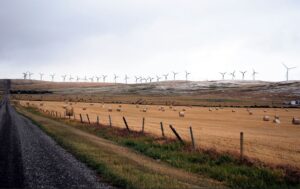
Short exposure to wind farm and road traffic noise triggers a small increase in people waking from their slumber that can fragment their sleep patterns, according […]

Roles for cancer patient programs, including navigators and associated digital tools should be funded in the health system, with new global research at Flinders University demonstrating that such programs […]
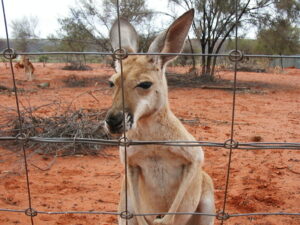
New research shows that young red kangaroos protected by the dingo-proof fence in Australia take more time to grow up than their counterparts on the other […]
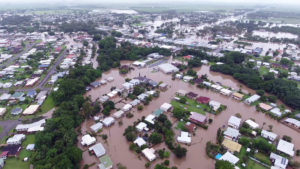
Professor Paul Arbon is Director of the Torrens Resilience Initiative at Flinders University. The devastating flooding through the south-eastern regions of Australia reminds us of the […]
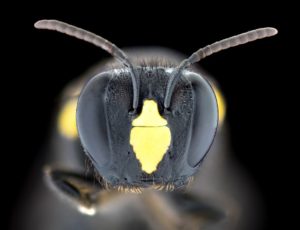
Studying the unusual social behaviour of an Australian native bee has enabled Flinders University researchers to obtain a clear understanding about the earliest stages of social […]
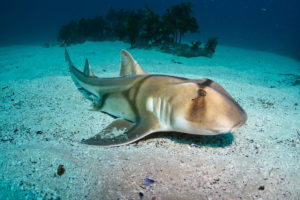
New research studying the behaviour of Port Jackson sharks has captured their astute ability to realise when the smell of natural prey doesn’t lead to a […]
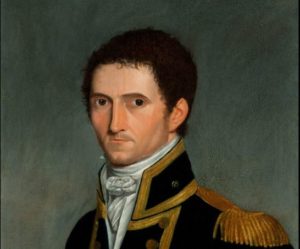
Three years after the remains of Captain Matthew Flinders were re-discovered by archaeologists beneath Euston train station in London, the famed explorer and navigator – who […]